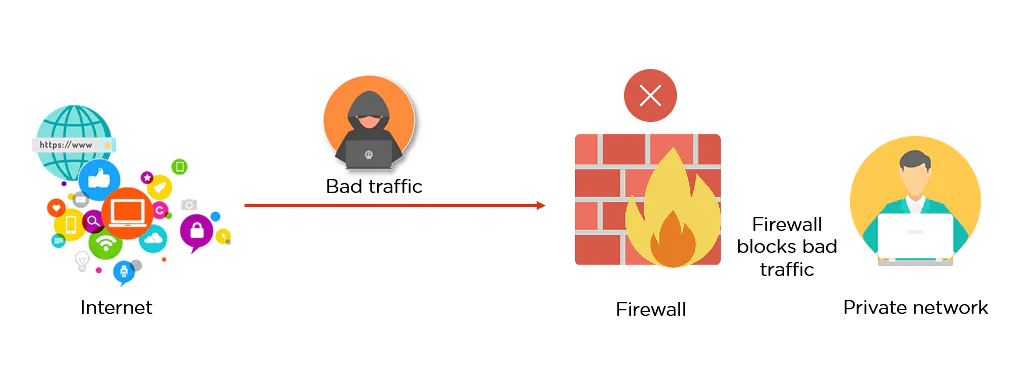WireGuard – VPN underdog?
With the landscape for networks constantly changing and evolving, it’s inevitable that we will see an increase in demand for newer communication protocols. WireGuard is emerging as a serious challenger to OpenVPN’s long-standing dominance in the VPN space, and for good reason.
See also: breaking into software development with no experience.
Speed: The Clear Winner
One of WireGuard’s most impressive features is its performance. While traditional VPN protocols like OpenVPN typically reduce your connection speed to around 50% of your original bandwidth, WireGuard maintains approximately 90% of your broadband speeds. This dramatic improvement comes from its use of UDP protocol with application-layer data verification, creating a more efficient connection.
Encryption: Modern and Streamlined
WireGuard takes a radically different approach to encryption compared to OpenVPN. Instead of offering multiple encryption methods (which can create confusion and potential security vulnerabilities), WireGuard uses a fixed set of carefully chosen cryptographic primitives:
You might also find our build a home lab that actually gets you hired helpful.
- ChaCha20 for symmetric encryption
- Poly1305 for authenticated encryption
- Curve25519 for ECDH
- BLAKE2s for hashing
- SipHash24 for hashtable keys
This intentional lack of “cipher agility” might seem like a limitation, but it’s actually a security feature. By reducing complexity, WireGuard minimizes its attack surface and makes the protocol more resistant to implementation errors.
Security Through Simplicity
While WireGuard is newer than OpenVPN, it’s been designed with security as a primary concern. The protocol includes built-in protection against denial of service attacks and uses state-of-the-art cryptography. Its simplicity is its strength – fewer moving parts mean fewer things that can go wrong.
Related: Learn about cybersecurity.
Auditability: A Game Changer
Perhaps one of WireGuard’s most significant advantages is its codebase size. With approximately 6,000 lines of code compared to OpenVPN’s 400,000, WireGuard is dramatically easier to audit. This means security researchers can more thoroughly review the entire codebase, making it easier to identify and fix potential vulnerabilities.
For more insights, check out our guide on dhcp explained for it pros who fake it.
The Bottom Line
While OpenVPN remains a reliable and battle-tested option, WireGuard represents the future of VPN technology. Its combination of speed, security, and simplicity makes it an attractive choice for both personal and enterprise use. As more VPN providers adopt WireGuard (like NordVPN with their NordLynx protocol), we’re likely to see it become the new standard for secure communications.
Whether you’re a system administrator looking to improve your organization’s VPN performance or an individual user tired of slow connection speeds, WireGuard deserves serious consideration. It may be the underdog today, but don’t be surprised if it becomes the champion tomorrow.
